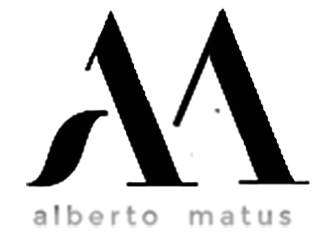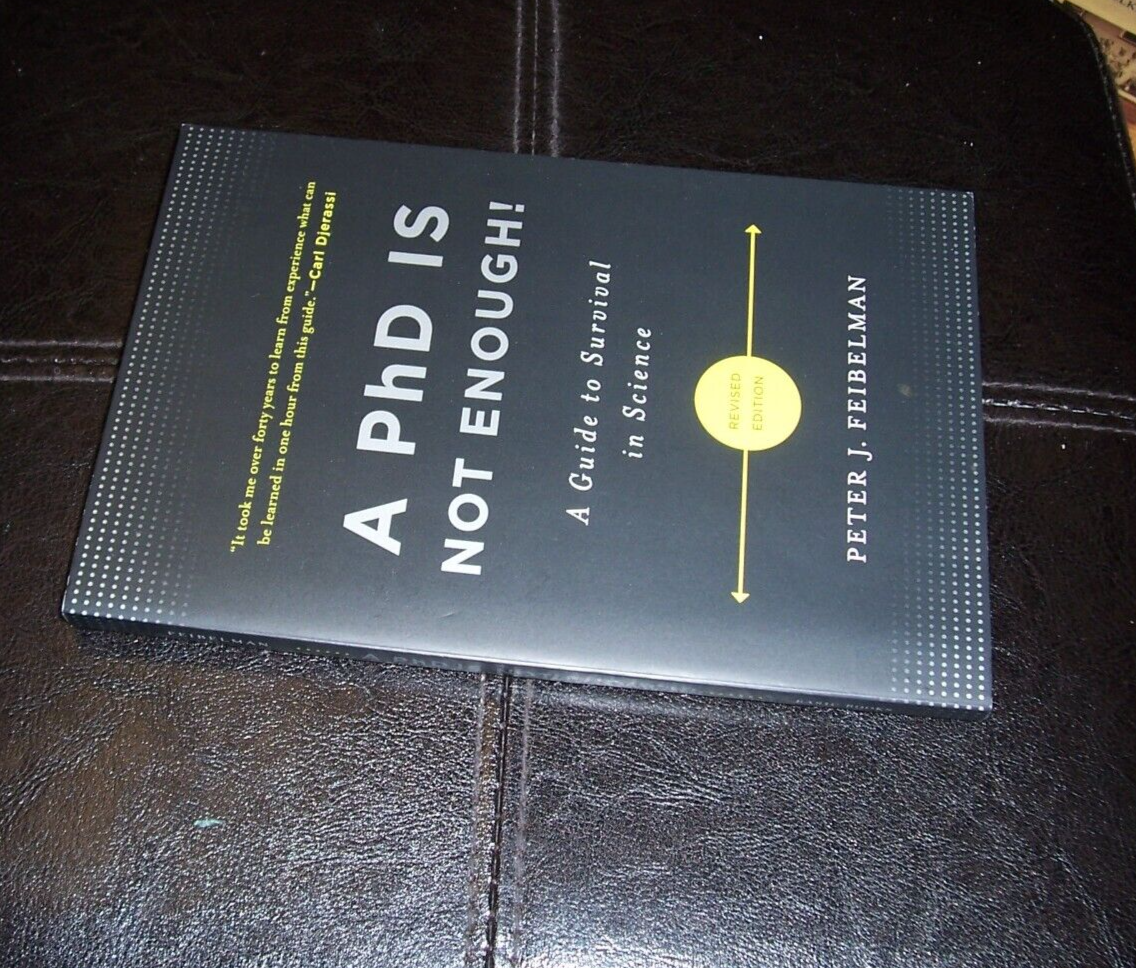As I hit month five in my PhD journey at the Instituto Centroamericano de Administración Pública, I’ve come to realize that earning a doctorate isn’t just about getting good grades or mastering the subject matter—it’s about navigating an unpredictable path toward a career that may or may not exist at the end of it. Peter J. Feibelman’s A PhD Is Not Enough! became an unexpected guidebook for the journey ahead. Here’s my chapter-by-chapter reflection on the book and what it means to me.
Chapter 1: Do You See Yourself in This Picture?
This chapter hit hard. It’s a collection of true stories showing how bright minds can stumble when they ignore the “unwritten curriculum” of science careers. Reading this as a current PhD student, I couldn’t help but pause. I’ve been so focused on assignments and grades that I forgot there’s a bigger picture—how I shape my path beyond graduation. It’s a timely reminder that excellence on paper doesn’t guarantee success, especially if you neglect soft skills, strategy, and relationships.
Chapter 2: Advice from a Dinosaur?
Feibelman answers the question I’ve often asked myself: can seasoned scientists still offer relevant advice in today’s tech-driven world? His answer is yes—and I agree. I’ve been fortunate to know a few PhDs who’ve guided me with timeless wisdom. This chapter made me appreciate the mentorship that surrounds me, even when it doesn’t come from someone currently active in research. Sometimes, the best lessons come from stories of failure and resilience, not from polished résumés. In fact, the book itself comes from someone who’s earned his PhD for many years.
Chapter 3: Important Choices—A Thesis Adviser, a Postdoctoral Job
This chapter speaks to a decision that looms large for me: choosing a thesis adviser. I haven’t been provided or given one as yet, but Feibelman’s take on seniority, group dynamics, and mentorship clarified a lot. The reminder that “not all superstars make good mentors” was gold. I now realize the importance of choosing someone who not only supports my work but supports me as a growing researcher. I do look forward to creating that relationship with my adviser at ICAP.
Chapter 4: Giving Talks
While I’ve done presentations in the past—including while teaching—I now picture myself defending my dissertation one day. This chapter gave practical advice on how to connect with an audience, tell a compelling story, and rehearse with intention. I’ll carry these lessons with me and apply them even before my thesis defense—especially since public speaking is something that I do appreciate and love when given the chance.
Chapter 5: Writing Papers—Publishing Without Perishing
This hit home. Unlike many in academia, I have zero publications to my name. Most of my career has been technical, hands-on work. This chapter didn’t just teach me the value of publishing—it gave me hope. I now see writing papers not just as a requirement but as a contribution to the field, and something that will help define my voice as a life long learning scholar.
Chapter 6: From Here to Tenure—Choosing a Career Path
Feibelman’s unsentimental take on academic vs. industry vs. government careers made me reflect on Belize’s limited options. We don’t have research centers or robust academic incentives for publishing. Most PhDs I know either leave the country or juggle academia with consultancy work. His point about aligning one’s path with personal values and real opportunities feels deeply relevant as I start to think about “what comes next.” The average income in academia for a PhD in Belize is about $5000 Belize Dollars per month which is not a lot when you consider it. Perhaps the biggest employer is the University of Belize, and there’s not a strong mandate for publishing papers. Even though from what I’m aware they’d love to have their assistant professors (which are the vast majority) publishing papers but it hasn’t quite worked like that (atleast to my knowledge).
A lot of them sit down and go into private consultancies along with their lecturing jobs as assitant professors. In general, research from my perspective has not been of a big mandate in Belize for those employed by the universities. Perhaps UWI, but their major campus is in the Caribbean with just an outlet here. So it begs the question, will I find a job that pays more than what I currently earn after I’m done? Have I reached the cap? Do I get into lecturing or do I exist Belize for greater opportunities.
Chapter 7: Job Interviews
I found this chapter invaluable. It’s not just about knowing your science—it’s about storytelling, preparation, and strategic self-presentation. This chapter reminded me that interviews are performances, and preparation is everything.
Chapter 8: Getting Funded
Grant writing feels like a distant challenge, but it’s one I’ll likely face. What stood out here was Feibelman’s framing of proposals as exercises in vision and articulation. I hope to get the chance to apply this advice someday—not just to secure funds, but to better understand the broader impact of my research.
Chapter 9: Establishing a Research Program
This chapter stressed the importance of realistic, well-scoped research agendas—especially for postdocs with short timelines. I’m still formulating my research direction, but the advice to avoid jumping into “hot” topics without a sustainable plan is advice I needed to hear early.
Chapter 10: A Survival Checklist
This final chapter brought everything together. It’s like the distilled wisdom of the book in bullet-point form—a checklist I’ll revisit throughout my PhD. I especially appreciated its emphasis on self-awareness, momentum, and mentorship.
Final Thoughts
The latter half of the book—chapters 7 through 10—feels like it’s already challenging me to look beyond the PhD. As someone based in Belize, I know the road ahead will be quite interesting. Research positions are rare, and academia doesn’t offer high compensation (atleast in Belize). The advice, while practical, also confronts me with hard questions: Will I stay? Will I teach? Will I pursue consultancy or look abroad for better opportunities? This book doesn’t sugarcoat things—and that’s exactly why I value it.

